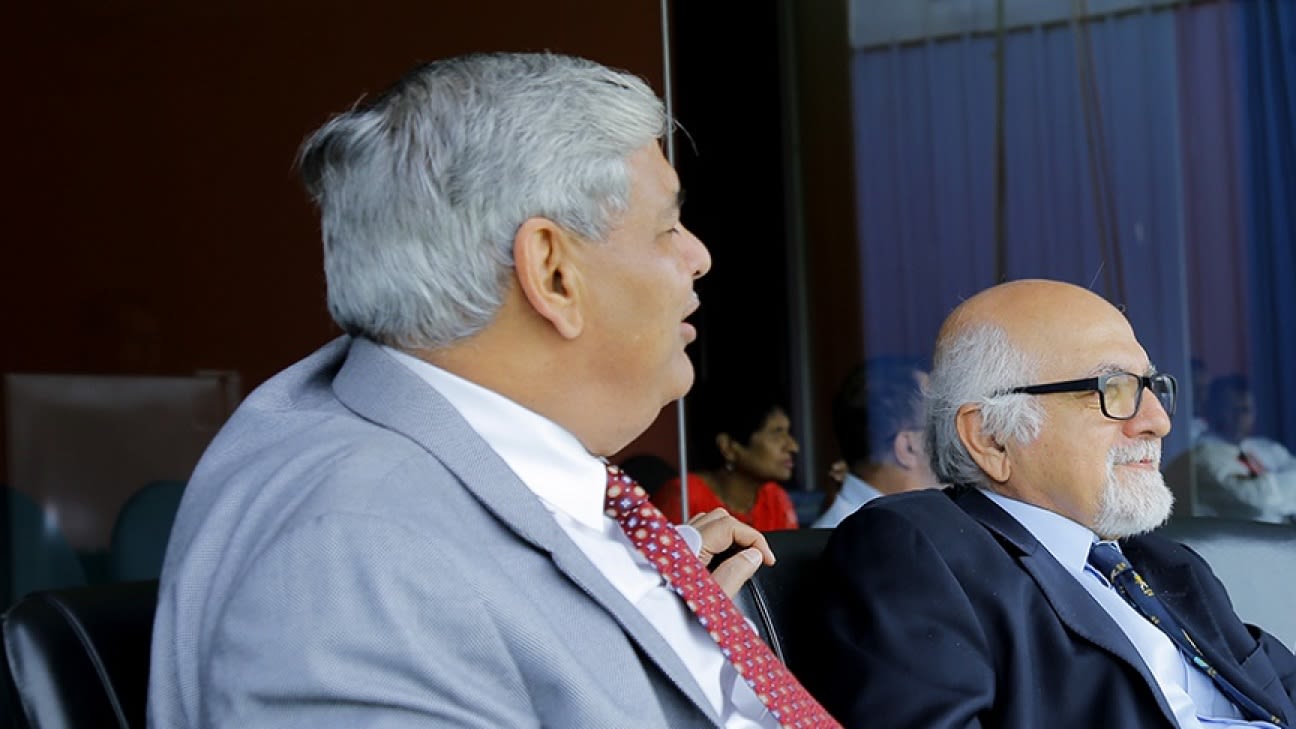
Nearly four months after Shashank Manohar stepped down, the ICC has set the ball rolling on picking its next chairman. October 18 is the deadline for potential candidates to file the nominations and an appointment is expected to be made before the end of the year. The candidates will need to be seconded by at least one current ICC board director to be eligible to contest the election.
The ICC has not disclosed how the eventual winner will be declared, though. Incidentally that was the sticking point and the reason behind the ICC board failing to agree upon a process to elect Manohar's successor.
On July 2, the ICC board had said it would finalise within a "week" the process to accept nominations. Despite several meetings in the past few months, the ICC board remained severely divided.
As per the ICC's constitution, any present or former director who has attended at least one board meeting is eligible to run for chairman. ICC directors are each allowed to nominate one candidate, and nominees with the support of two or more directors are eligible to contest an election.
The election process is being overseen by the Independent Chairman of the ICC Audit Committee and can vary every election. In 2016, when Manohar took charge for the first time, he was elected through a secret ballot. Two years later, he was the sole nominee and was re-elected unanimously without a vote.
On his way out, Manohar himself had attempted to find a successor as a unanimous choice, but failed. Consequently the ICC board agreed to appoint Imran Khwaja as the interim chairman.
It could not be confirmed whether the votes would be cast via a secret ballot and whether the eventual winner would be picked based on two-third majority or just a simple one. For any resolution to be approved, the ICC constitution currently requires a two-thirds majority, or a minimum of 11 votes. During the deliberations recently some of the ICC board directors wanted that to be changed to simple majority.
The ICC board comprises 17 directors: 12 Full Members, three directors representing the Associates, and the chairman (Khwaja is one of the Associate representatives as well as interim chair, currently), the ICC chief executive officer (Manu Sawhney) and an independent woman director in Indra Nooyi. The CEO, though, does not have a vote.


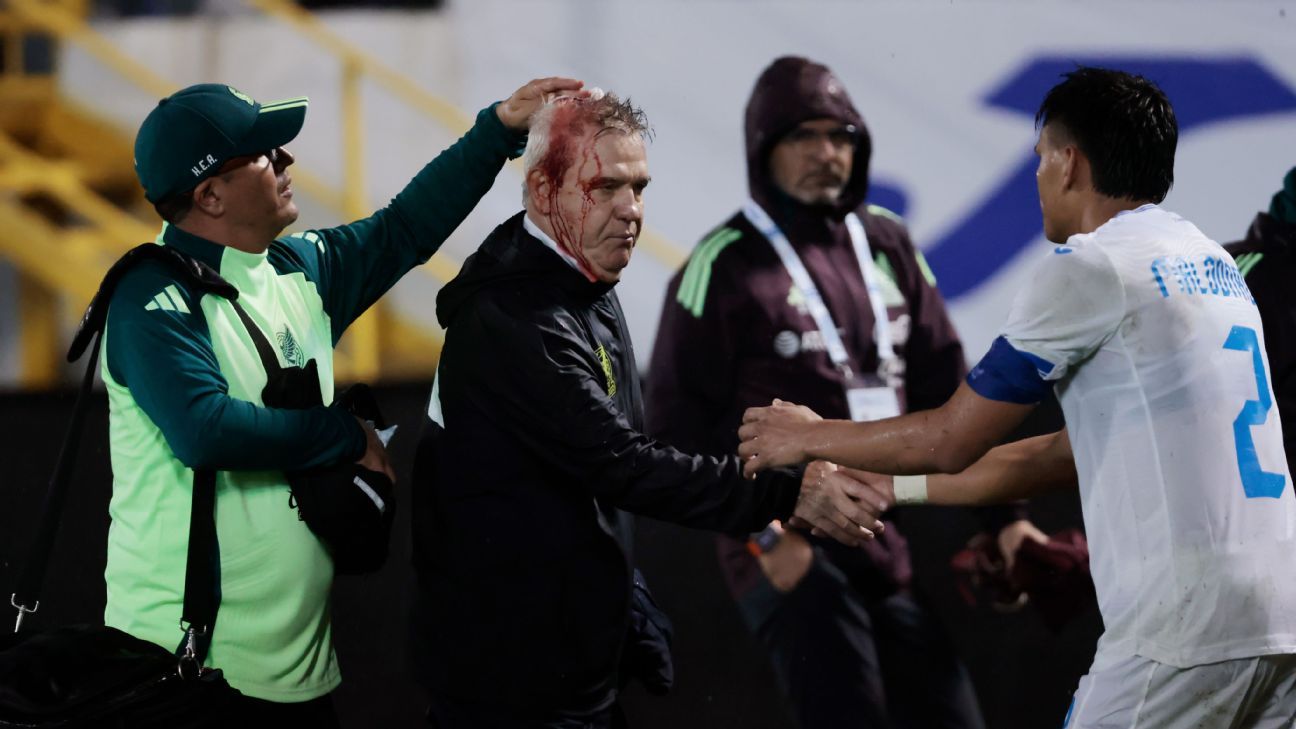
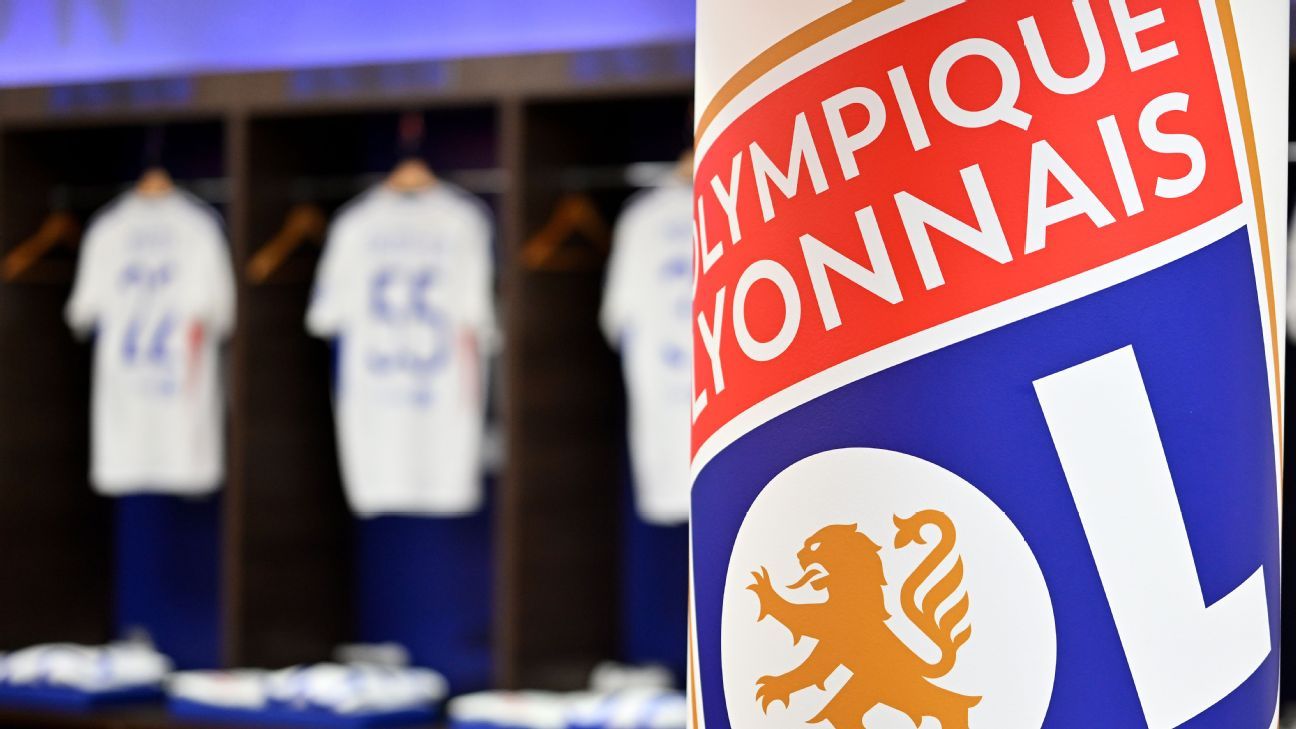






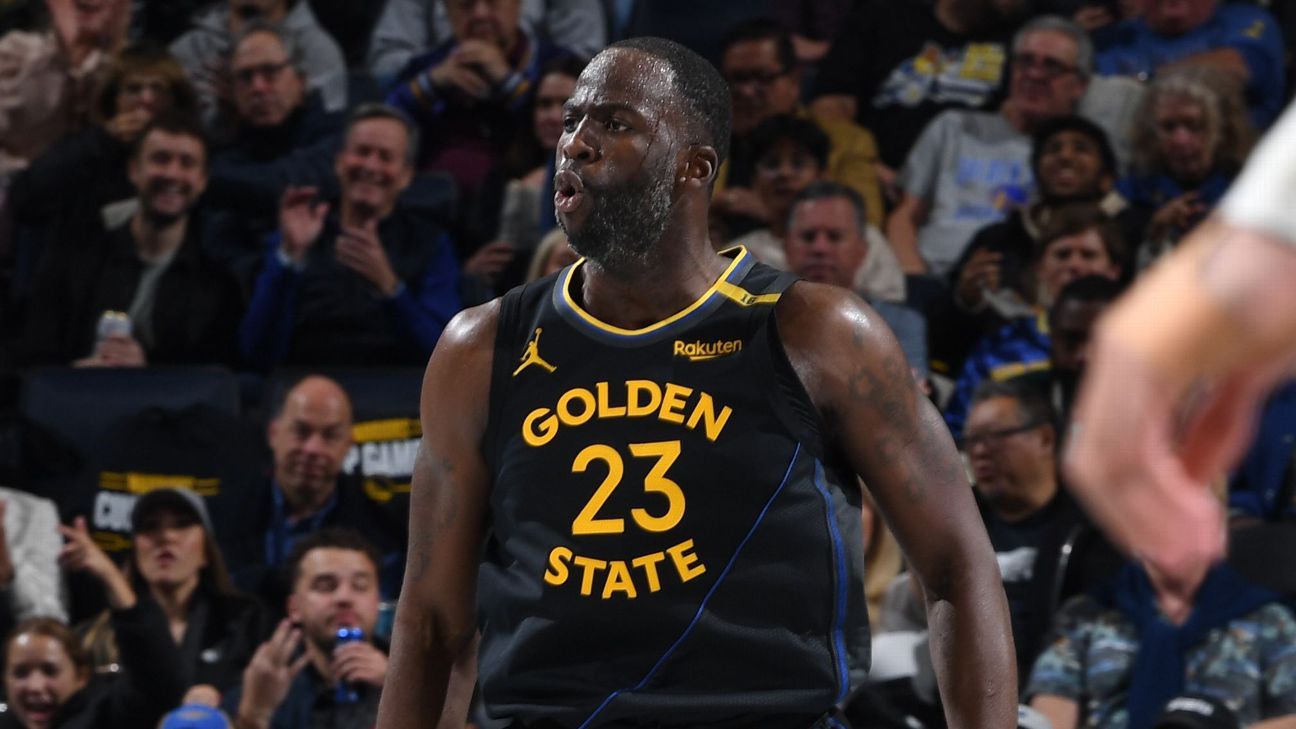

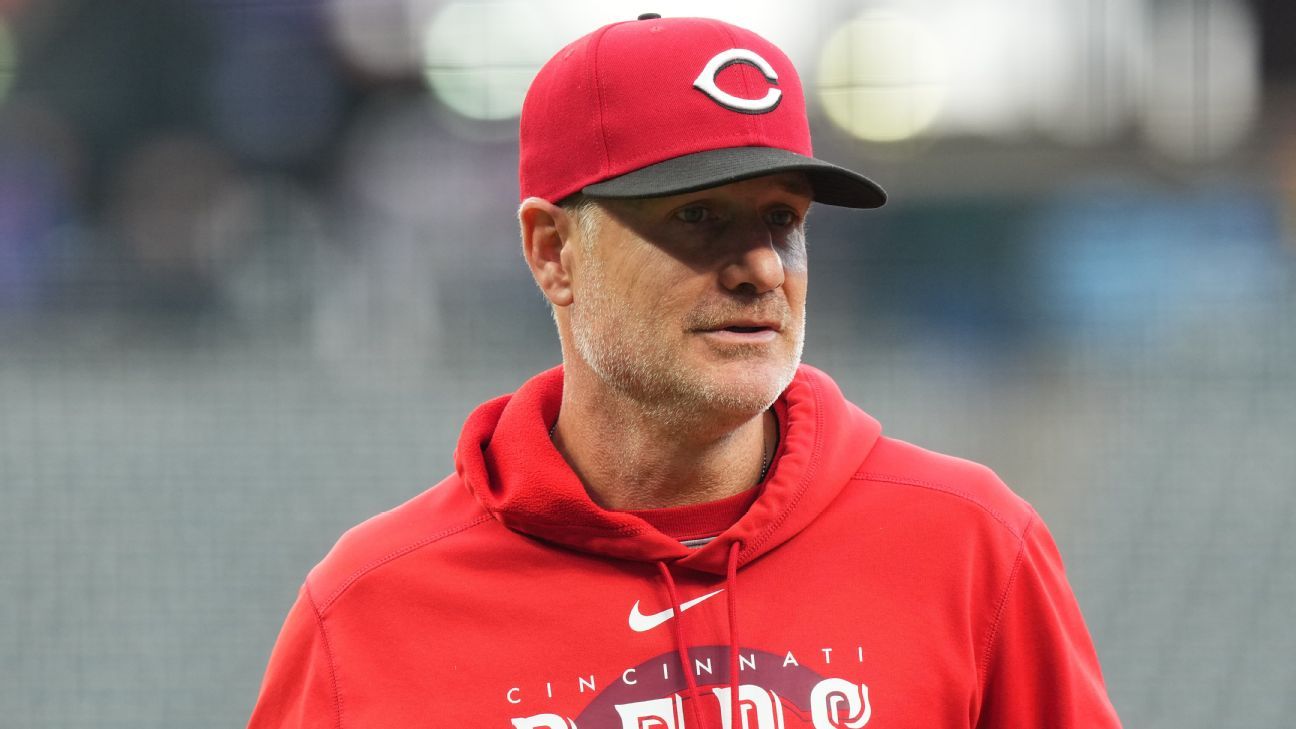


 Phone: (800) 737. 6040
Phone: (800) 737. 6040 Fax: (800) 825 5558
Fax: (800) 825 5558 Website:
Website:  Email:
Email: 






